No Salvation Outside the Church
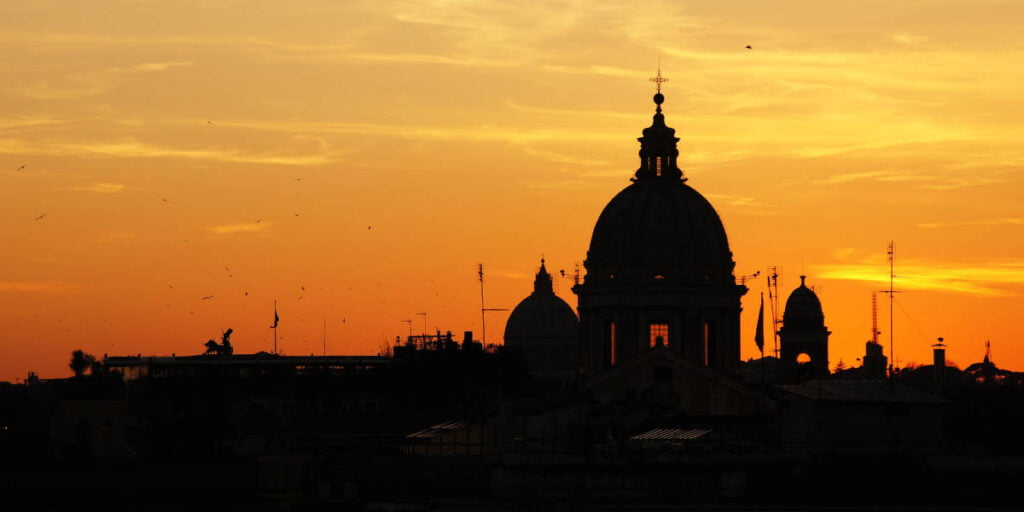
The Latin phrase extra Ecclesiam nulla salus means “outside the Church there is no salvation”. It is a Catholic Dogma adapted from the writings of San Cypriano of Carthage, bishop of the third century. This doctrine is very vital to human salvation and is based largely on the Gospel of Mark 16: 15-16: “He said to them, “Go into the whole world and proclaim the gospel to every creature. Whoever believes and is baptized will be saved; whoever does not believe will be condemned.”
The Significance of February 2
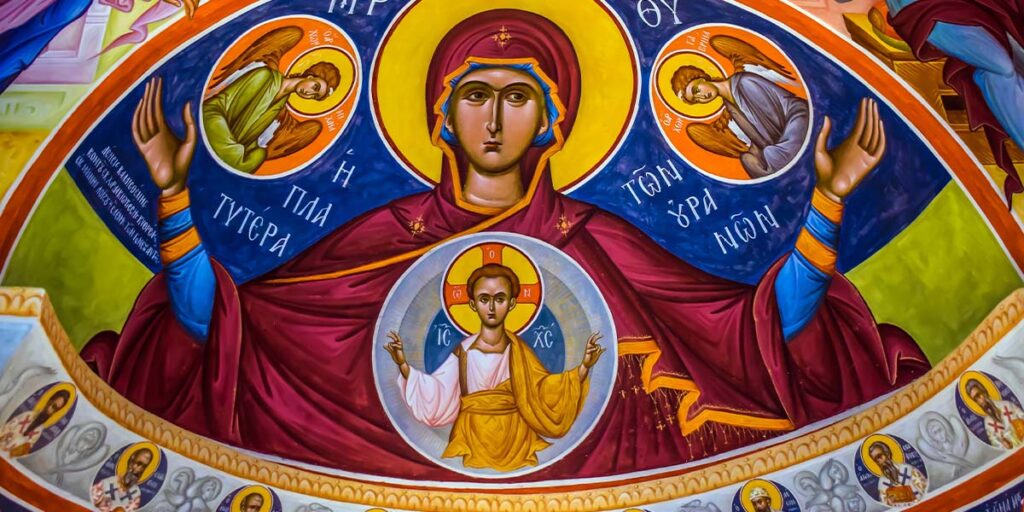
The feast of February 2 has different names in the Church. It has been called the Feast of the Presentation of the Lord, the Feast of the Purification of the Blessed Virgin Mary and, more familiarly, Candlemas or Candelaria. Each name highlights a different aspect of the feast that the Church celebrates, although is refers to the events that happened during the baby Jesus’ fortieth day.
The Feast of Epiphany

The feast of Epiphany is traditionally celebrated on the 12th day after Christmas, January 6th. It commemorates the visit of the Three Wise Men (or Kings) to the Baby Jesus. Epiphany is mainly celebrated by Catholics and Orthodox Christians.
The Solemnity of Mary, the Mother of God
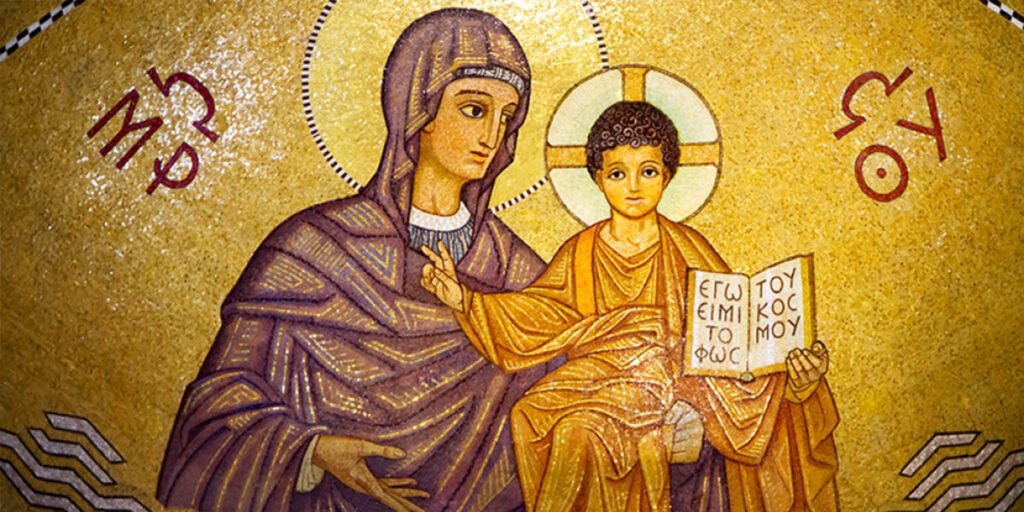
January 1st is celebrated as the liturgical feast of the Blessed Virgin Mary, which is the Octave of Christmas, an eight day extension of the feast. The honoring of Mary as the Mother of God can be traced back to the Council of Ephesus in 431. By the 7th century, January 1st was observed as a celebration of the Maternity of the Blessed Virgin Mary. In the 13th century, the Feast of the Circumcision of Christ had come to replace the feast honoring Mary.
The Perpetual Virginity of Mary
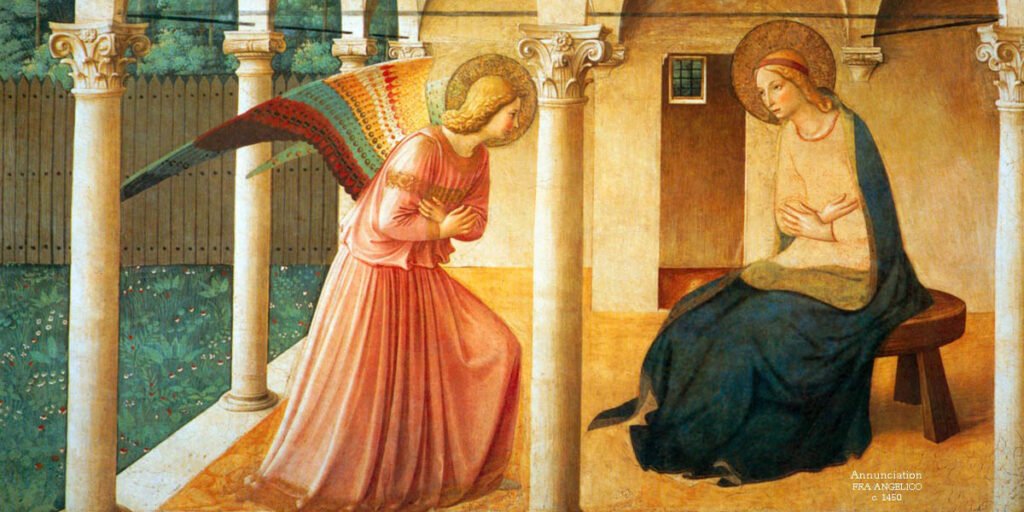
One of the most contested doctrines of the Catholic Church is Mary’s perpetual virginity. That Mary was a virgin before, during and after the birth of Jesus, a perpetual virgin, is a Marian dogma. In Luke, “The angel Gabriel was sent from God to a town of Galilee called Nazareth, to a virgin betrothed to a man named Joseph” (Lk 1:27).
The Immaculate Conception
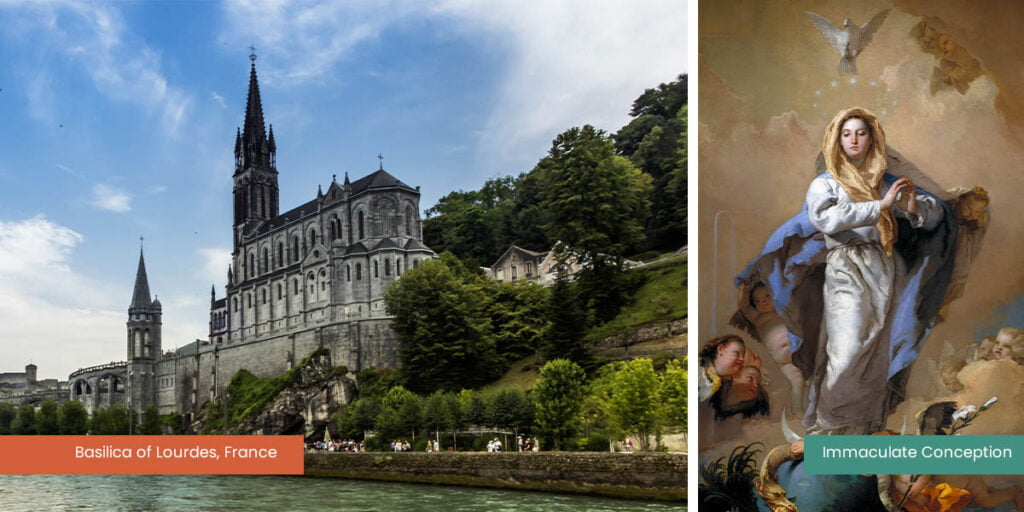
The 8th of December is a Catholic feast celebrating The Blessed Virgin Mary’s conception without sin. Even though this feast day occurs in the liturgical season of Advent, which prepares for the birth of Our Lord Jesus Christ, the Immaculate Conception refers to the conception of Mary in the womb of her mother, St. Anne.
